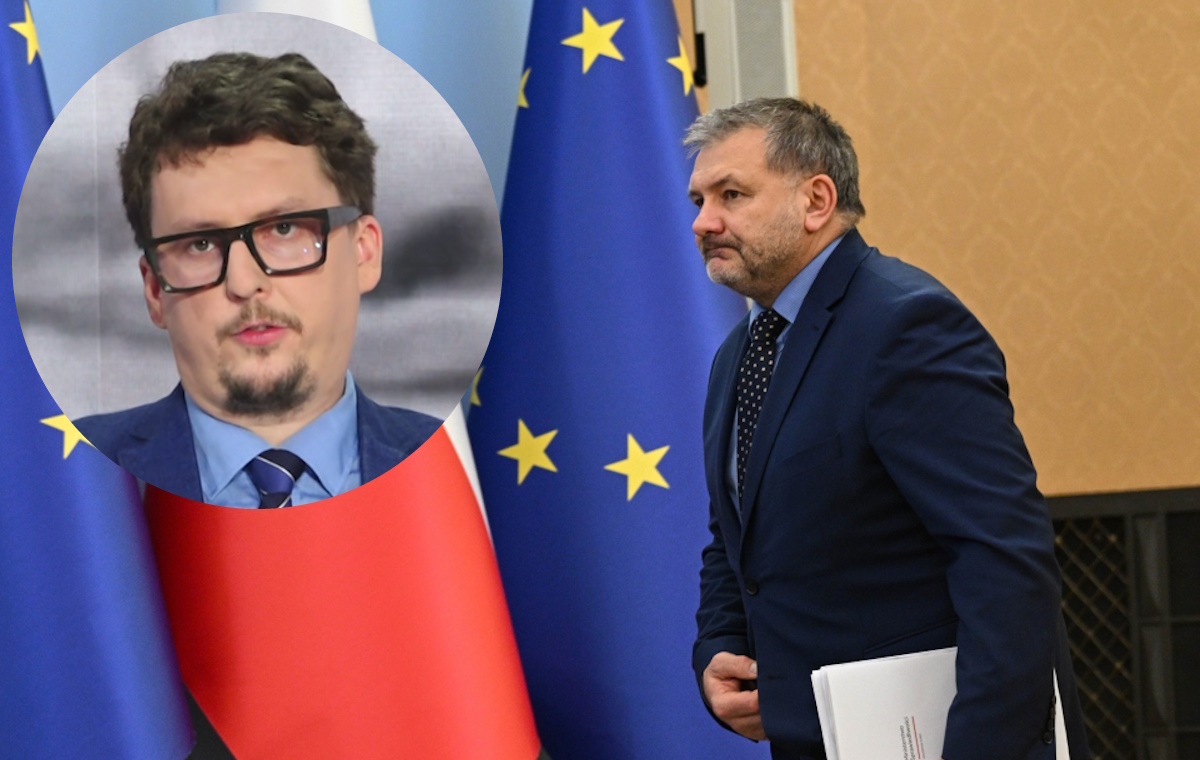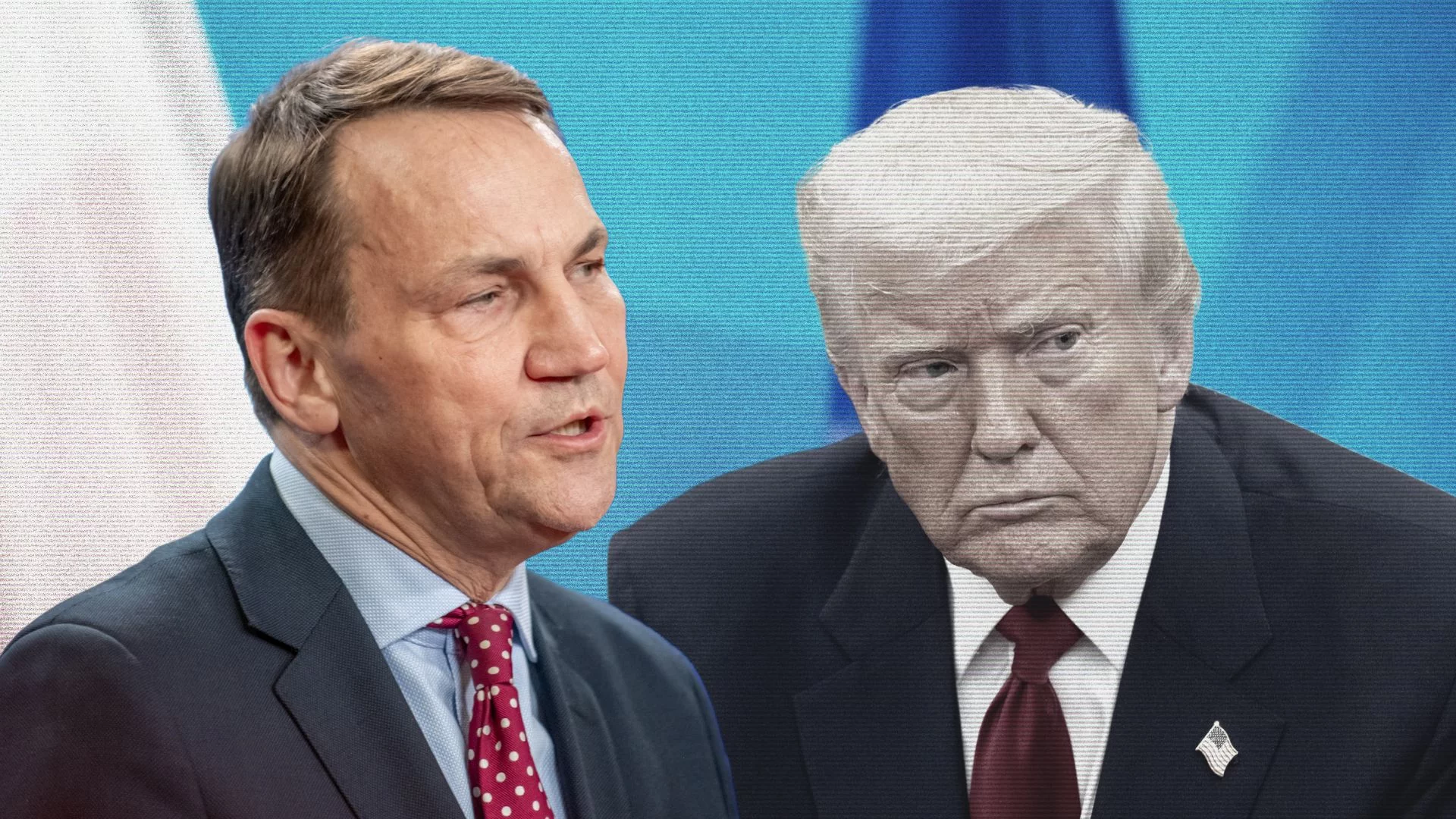
Бэтс и Ньютс
Джейн Фоли, старший стратег FX в Rabobank
Прошло некоторое время с тех пор, как детали отчета по инфляции ИПЦ в США были раскрыты. При первоначальной проверке чуть более мягкое, чем ожидалось, увеличение базовой инфляции ИПЦ на 0,2% м/м (по сравнению со средним ожиданием 0,3% м/м) успокоило опасения относительно влияния тарифов президента Трампа на ценовое давление США. Фьючерсы на акции США выросли, в то время как доходность казначейства, а доллар США опустился ниже, чем казалось на первый взгляд, чтобы быть ручным отчетом об инфляции. Однако не все были расслаблены, и по мере изучения деталей рынок изменил свою мелодию. Разбивка показала, что цены на бытовую мебель и расходные материалы выросли на 1%, в то время как цены на видео и аудио продукцию выросли на 1,1%. Кроме того, цены на игрушки подскочили на 1,8% м/м, а одежда выросла на 0,4% м/м. Все четыре категории отмечены как чувствительные к тарифам, и рыночные ястребы будут продолжать нервничать, что дальнейшее инфляционное давление все еще может появиться, поскольку тарифные запасы продолжают проходить через цепочку поставок потребителю. В течение оставшейся части сессии фондовые рынки были затянуты вниз, поскольку рынок оценил некоторое смягчение ФРС в этом году, доходность снизилась, а EUR / USD ненадолго опустился ниже уровня 1,16 впервые с конца прошлого месяца. Тем не менее, экономисты имеют разные взгляды на то, будет ли это давление временным. Наша точка зрения и точка зрения консенсуса по-прежнему заключается в том, что ФРС продолжит напряженно сидеть на заседании FOMC 30 июля, ожидая большей ясности в отношении прогноза ценового давления. Тем не менее, надежды рынка на снижение ставки в сентябре вчера снизились, поскольку разбивка отчета по инфляции была поглощена.
Не только то, что ФРС может сделать дальше, привлекает внимание рынка. Также рассматривается вопрос о том, останется ли председатель ФРС Пауэлл частью FOMC до конца своего срока. Должность Пауэлла на посту председателя истекает в мае следующего года, хотя его место в Совете управляющих продлится до января 2028 года. Вчера министр финансов Бессент подтвердил, что "формальный процесс" уже начинает определять потенциального преемника.
До вчерашнего отката инвесторов в этом месяце обвиняли в том, что они демонстрируют двойственное отношение ко многим неопределенностям, которые все еще связаны с тарифами США. Более твердый, чем ожидалось, тон немецкого опроса ZEW подчеркнул, что оптимизм инвесторов был темой по обе стороны Атлантики. Индекс ожиданий ZEW вырос до 52,7 с 47,5 в предыдущем месяце, а президент ZEW Уэмбэк указал на надежды на разрешение тарифного спора между ЕС и США, а также на влияние, вытекающее из запланированной инвестиционной программы правительства Германии. Рыночные настроения свидетельствуют о том, что угроза президента Трампа ввести пошлину в размере 30% на ЕС в выходные дни, как правило, рассматривается как тактика переговоров. Вчера Трамп объявил о торговой сделке с Индонезией и указал, что тарифы на фармацевтические препараты могут поступить уже в конце месяца. FT сообщает сегодня утром, что в 2 квартале доходы США от таможенных пошлин достигли рекордного уровня в 64 млрд долларов, что на 47 млрд долларов больше, чем в 1 квартале. Вывод заключается в том, что тарифы увеличивают доходы. Никаких новых новостей в отношении торговых соглашений с ЕС или Японией не поступало.
JGB продолжает привлекать внимание. Сегодня доходность JGB отступила от вчерашней распродажи, хотя она остается повышенной. Опасения, что место проиграет правящей партии ЛДП на выборах в верхнюю палату 20 июля, повысили риск того, что премьер-министр Ишиба может уйти в отставку и быть замененным менее жестким в финансовом отношении лидером.. Спекуляции относительно увеличения бюджетных расходов и относительно высокого инфляционного давления в Японии подорвали рынок облигаций страны.
В геополитике президент Трамп указал, что не будет давать Украине ракеты большой дальности, которые могут поразить Москву. Накануне Трамп пригрозил ужесточением санкций против России и тарифов для ее торговых партнеров, а также увеличением количества оружия для Киева, если президент Путин не предпримет действия в течение 50 дней, чтобы положить конец войне на Украине.
В Израиле, Правительство находится на грани краха после того, как ультраортодоксальная партия вышла из коалиции из-за длительного спора о новом законопроекте о призыве на военную службу..
Во время вчерашней речи в Доме особняков канцлер Великобритании Ривз пообещал выступить против повторного регулирования города, которое произошло после GFC. По ее словам, те же ошибочные суждения, которые привели к тому, что тритоны и летучие мыши блокируют крупные инфраструктурные проекты, требуют, чтобы почти 140 000 специалистов по финансам ежегодно подтверждали, что они подходят для этих ролей.
Тайлер Дерден
Свадьба, 07/16/2025 - 10:45
















